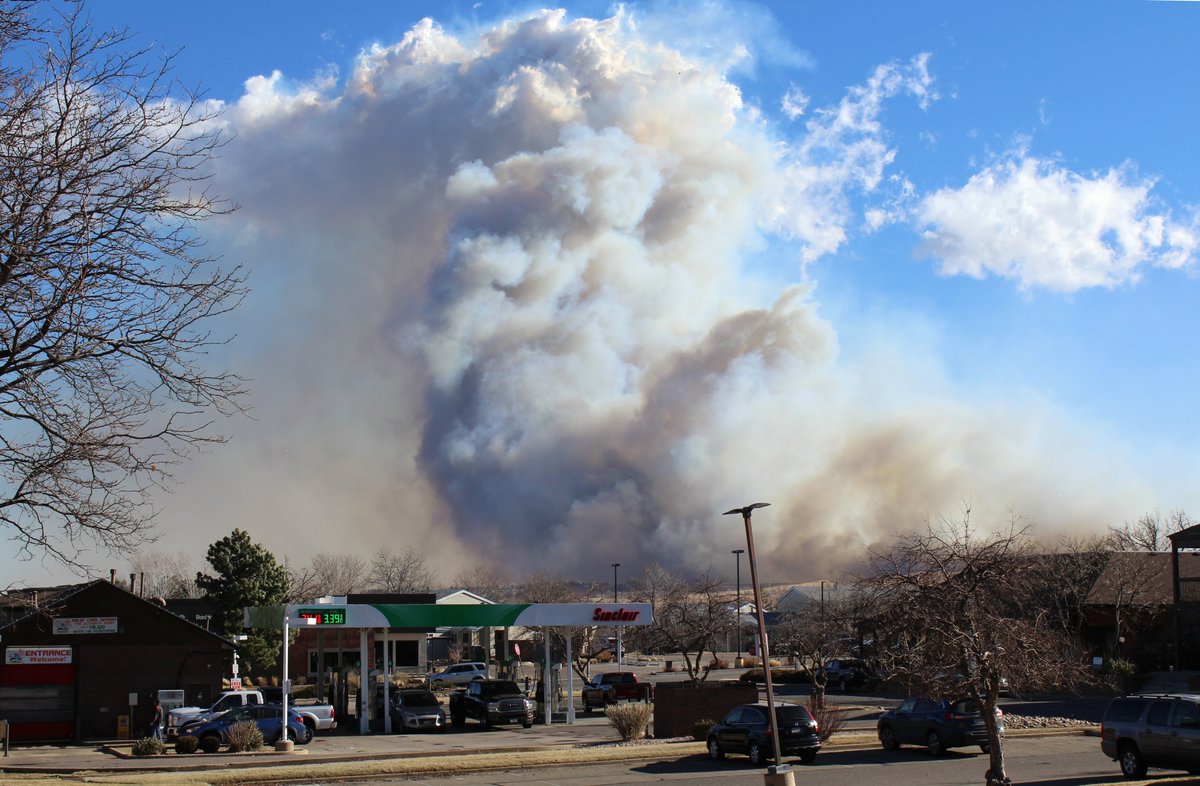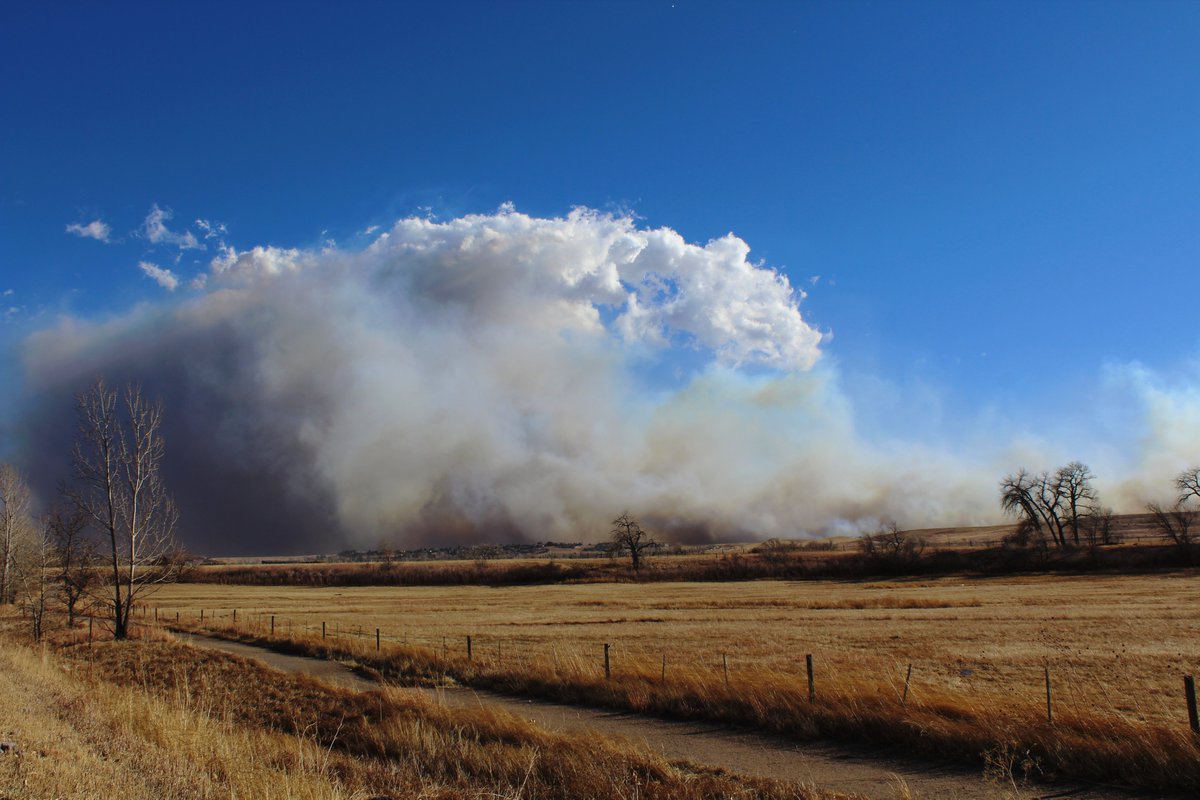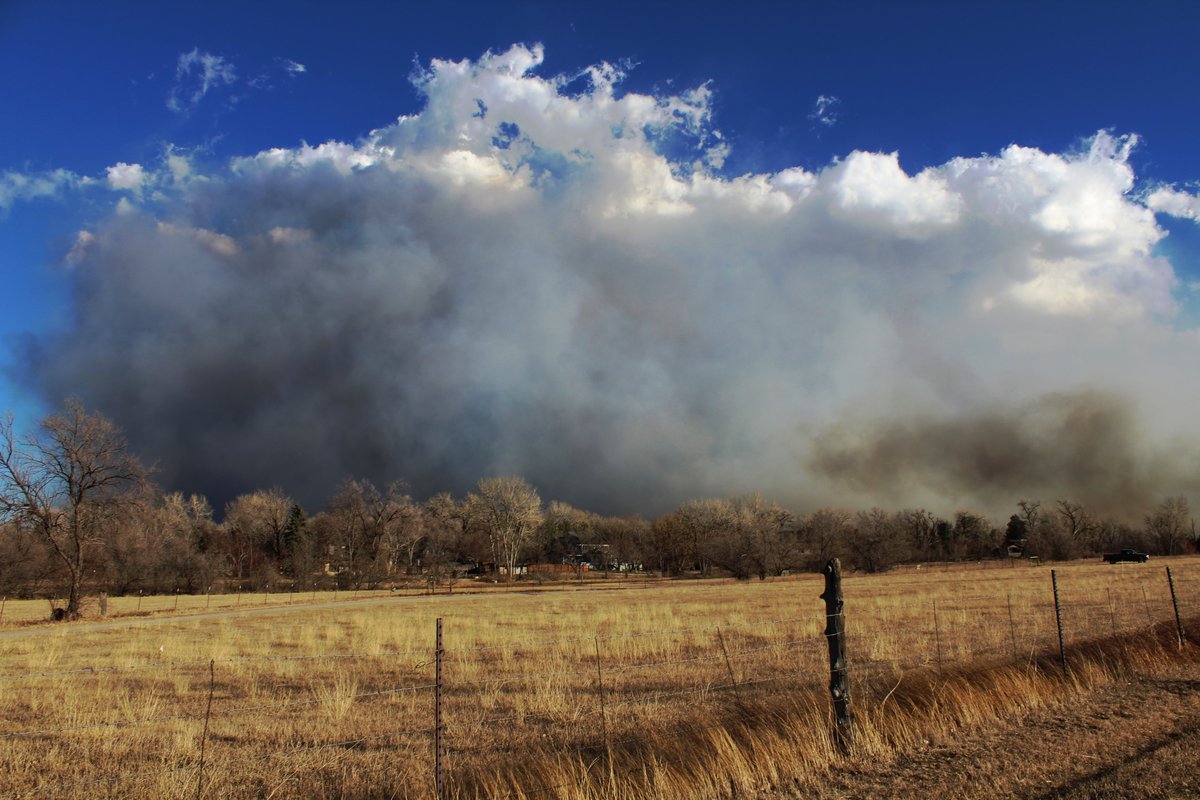
Folks with self-described severe climate anxiety now reach out to me (& other climate scientists I know) essentially every week. It is often hard to know how to respond, since climate scientists are not trained clinical psychologists. (1/12)
nytimes.com/2022/02/06/hea…
nytimes.com/2022/02/06/hea…
The nature and volume of these requests can become overwhelming for those not professionally equipped to help people in that way. This is especially frustrating since many of these folks have actually sought professional help, yet those practitioners have been dismissive...(2/12)
...telling people that climate change won't affect them personally, or that it's "not as bad as you read about in the news," or that there's nothing they can do about it, so you need to "let it go." Well, as many folks who are paying attention realize, none of this is true.(3/12)
Some of these anxieties are quite valid (and indeed, are shared by many climate scientists). But increasingly many seem to stem from (misleading or outright false) "doomist"/defeatist narratives that have become increasingly prominent in the past few years. (4/12)
"It's too late to do anything about climate change." "Runaway warming has begun; climate change is now unstoppable." "Life on Earth/human civilization will end in [5 to 30] years." There is no empirical basis for any of these claims, yet I hear them over and over again. (5/12)
I often try to explain this to folks (gently). Sometimes it helps. But often folks start sending me links to blog posts, media appearances, and videos of (non experts) making increasingly extreme and scientifically unfounded claims about climate change. (6/12)
Often this information asymmetry becomes exhausting or impossible to contextualize in a setting of extreme anxiety. For the subset of folks who have reached out with extreme levels of climate anxiety, I'm honestly not confident my partial reassurances are very helpful. (7/12)
This is a bit of a meandering thread, but I just wanted to emphasize a few things. First: climate anxiety is (clearly) a real thing for growing number of people, despite widespread claims to contrary. For some folks, it can be severe--affecting every aspect of their lives.(8/12)
Second, climate scientists are not equipped to be on the front lines of the surge in climate anxiety--there really need to be more clinicians and practitioners who specialize in this (or who at least have a basic handle on the underlying climate realities!) (9/12)
And finally: before folks get angry at climate scientists for "tone policing," and calling out climate misinformation of all kinds (including factually incorrect doomist tropes)--please understand that this is (one of) the many reasons we do so. (10/12)
Climate scientists know better than anyone that climate change is a global crisis, and that key climate impacts are accelerating with each additional fraction of a degree of warming. But we also know that it's ultimately a problem within our collective power to solve. (11/12)
As the late climate scientist Steve Schneider once said: "Good for us" and "The end of the world" are the two least likely outcomes when it comes to climate change--and that context is still every bit as relevant today as it was when he said it over a decade ago. (12/12)
This comment, and the responses to it, were the latest inspiration for this thread:
https://twitter.com/Weather_West/status/1490388205920669699?t=UGMAPSCJ7qH_0kDkJQwDRA&s=19
• • •
Missing some Tweet in this thread? You can try to
force a refresh













